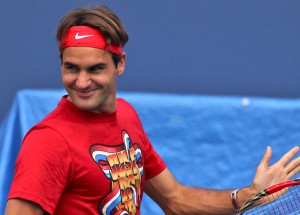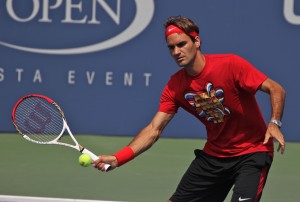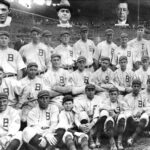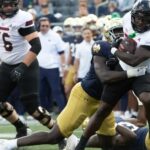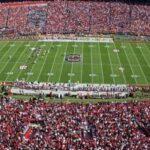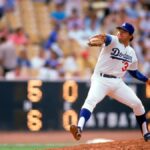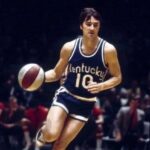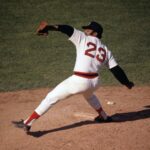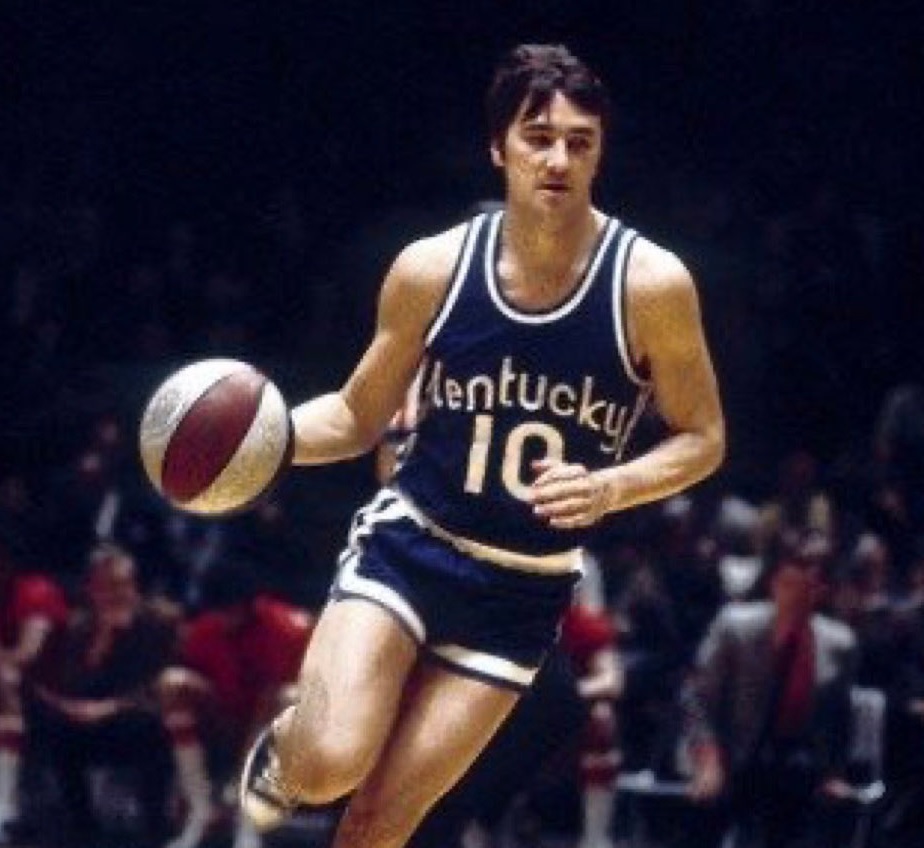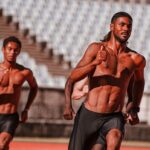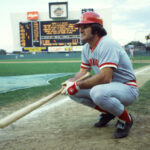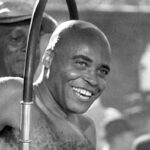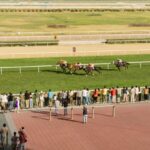Roger Federer: Will it be Another Fruitful Autumn?
Autumn: The season of warm sunshine and cool evenings, of golden mornings and burnished afternoons, of dewy lawns and slanting shadows.
It’s a season of transition and reflection, of rest before making ready for the year’s push towards its wintery climax.
September sees some sports kick their way into a fresh season and others bat they way towards a conclusion. But for tennis, this is merely the lull after months of globe-scattered tournaments, after countless cities and adjustments from clay to grass to the hot and hard blue of the last Grand Slam of the year. New York feels like a climax, but then feels like an anti-climax, a thrilling conclusion on tennis’s biggest stage that is not a conclusion—just a temporary reprieve.
This autumn dip finds expression in the players themselves. They talk of tiredness and the need for rest, and this year more than most, the schedule has taken a heavy toll.
Where the summer high of Wimbledon usually ushers in a siesta, 2012 brought a “fifth” Grand Slam in the Olympics. Even Andy Murray, the winner of gold in London and the title in New York, talked of the pain that accompanies the ultimate Grand Slam:
“On this surface especially things hurt a lot in the morning…When I play on hard courts, I normally take painkillers most days before matches…it does take a lot out of the body, and this is for sure the most demanding surface.”
But Murray, like Novak Djokovic, did at last disappear into the autumnal mist to recover before re-emerging to answer the call of the East and the year’s eventual culmination under winter’s European roofs in Paris and London.
But for Roger Federer, autumn had to wait while he alone of the top three had briefly to peak again. The Swiss man joined his compatriots for a crucial Davis Cup tie that would keep Switzerland in the World Group and give him, perhaps, one last chance to pursue the title that has always eluded him.
And the words “last chance” come heavy with autumnal overtones of their own. For never far from any discussion of Federer—despite his reclamation of the No1 ranking, more titles in 2012 than any other man, his seventh Wimbledon title and, soon after, Olympic silver on the same court—is his age.
By the time he turned 30 last summer, many already saw a look of autumn about his career. He was without a title from six straight Grand Slams and would end 2011 without one for the first time in almost a decade. He had won only a single title, and that just the 250 in Doha in January. For the second straight year, he had fallen in the quarters at Wimbledon. Then in September last year, he suffered one of his toughest defeats, losing match points, in the semis of the US Open: He headed towards No4 in the rankings.
After a back-breaking trip to Australia for a grass-based Davis Cup tie that would also keep Switzerland in the World Group, he took time out, tired and sore, to make a serious appraisal of why the titles had not come—but he, unlike many commentators, never doubted himself, nor how close he was to another bumper harvest.
Sure enough, resting through the Asian swing, he returned for an indoor season that had one of the Sky team at London’s World Tour Finals describe his play as “more like a 20-year-old than a 30-year-old”. Federer ended the year unbeaten indoors through Basel, Paris and London.
Only then did he talk of his time of recuperation after the Davis Cup.
“It definitely helped me and it was necessary because I was hurting a lot after the US Open and Davis Cup. I was having pains in my body which needed some rest…I also do have a family. I do have so many other things going on that sometimes I just need to get away from it all.”
Now, after again played three best-of-five matches in three straight days, he talked once more of pain and tiredness, and of the need to rest and reappraise—perhaps wearing his heart on his sleeve rather too openly:
“I need a holiday badly. I’m wounded, tired and exhausted, so I need some time off right now and then see where I go from here. Nothing’s been decided yet for the rest of the year: Even though there’s a plan in place, that plan may change. I have to go back to the drawing board and decide what’s important, what’s most important, what’s really important.”
It was as though autumn had visited tennis twice in the space of a week, as words of apprehension about Federer’s career drifted through the media like so many crimson leaves.
Time, then, to look at Federer’s spring and summer rather than his 31 years for an understanding of his undeniable exhaustion.
By this week last year, Federer had played 58 matches, 24 of them in Grand Slams, plus five Davis Cup rubbers. Thus far he has played 69 in 2012, including the same number of Grand Slam and Davis Cup matches. He could equal last year’s total simply by playing and winning the WTFs—should he choose to.
He has played more matches than Djokovic—and more best-of-five-set matches with the Davis Cup factored in. He has played 14 more matches than Murray, also with more best-of-five contests. He has won twice as many titles as either of them and stands head-to-head at 2-2 with Djokovic and 2-1 over Murray.
So if Djokovic and Murray are tired—and the Serb’s parting shot about his plans after the US Open were simply, “Have days without tennis”—little wonder that Federer is even more tired.
This has always been a time of year when players begin to flag, but it was Federer, the last man standing 10 months ago at the WTFs, who was praised for managing the schedule better than the rest, while Murray withdrew with injury and Djokovic, Rafael Nadal and David Ferrer talked of exhaustion.
Federer had opted out of the Asian swing—both his age and his years on the tour now permit him such latitude in what tournaments he plays—and this year’s Davis Cup words suggest similar tough decisions this autumn.
One ambition that may ultimately prove a step too far, in whatever season it falls, is that Davis Cup challenge. Federer’s weariness after leading his country back to the World Group revealed his concerns over how it would fit into his future:
“I have a lot on my plate. I have so many things going on in my life…I have to go round by round, year by year…I really kept my schedule open as much as possible, but I don’t know how often I can do that—you know, I’m not 23 any more, so I have to manage my expectations.”
The next Davis Cup test comes on the back of the Australian Open against this year’s finalists, the Czech Republic. The second round follows the vicious double-headed Masters pair of Indian Wells and Miami. Can Federer, managing a family, presidency of the Players’ Council and hopes of more titles in 2013, really go where Djokovic and Murray do not?
That will surely be one of the items on the Federer drawing board this autumn. However, while he may have twice as many matches in his legs as the two men snapping at his heels for the year-end No1, don’t expect the evergreen Swiss to stop making hay just yet.
